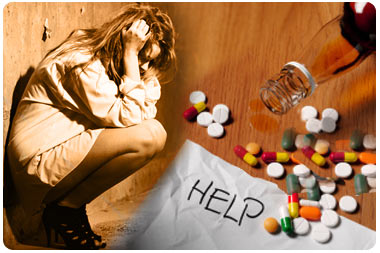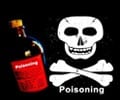- Goodman and Gilman. The Pharmacological Basis of Therapeutics 11th edition.
About
People take drugs as a means to escape from their worries. Others take them due to peer pressure. Still others take them as an experiment, but end up taking them frequently. People who take drugs get addicted to them after some time. If they try to stop it by themselves, they suffer from withdrawal symptoms. The severity of the withdrawal depends on the type of drug taken, dose as well as duration of intake.
Drug detoxification (or drug detox) is a process that helps drug addicts to give up drugs with less or no withdrawal symptoms.
Drugs that could lead to addiction are:

- Alcohol
- Opioids
- Sedatives
- Nicotine
- Cocaine
- Amphetamines
- Cannabinoids
- LSD, Ecstasy
Some patients with mild addiction and who are highly motivated to give up the drug may be treated on an outpatient basis. Others with severe prolonged addicted need to be treated in a hospital or rehabilitation center under close observation. Treatment is also provided in residential settings. The duration of rehabilitation varies with the degree of addiction.
Though drug treatment is often necessary for de-addiction, counseling plays an important role to ensure that the person does not go back to his previous habit. The person is helped to recognize that he has a problem and how to avoid going into a relapse. Counseling and rehabilitation also helps the patient get back to his routine lifestyle.
























